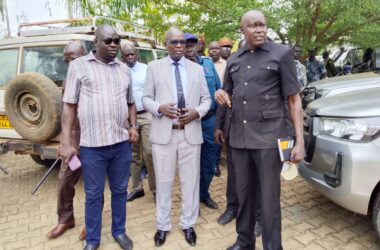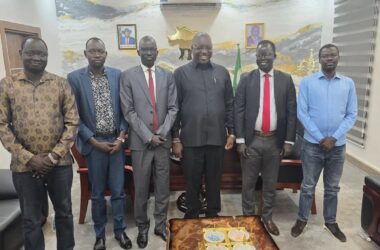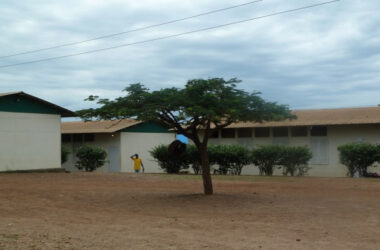By Chol D. John
Communities in Central Equatoria State have been told that peacebuilding must go beyond political speeches and reach the daily lives of ordinary people.
According to a statement from the governor’s office, during a two‑day retreat in Juba organized by the National Ministry of Peace Building, leaders acknowledged that citizens remain divided by years of conflict and called for renewed trust between government and the public.
Central Equatoria State Governor Rabi Mujung Emmanuel said peace is not a one‑time event but a process that requires rebuilding relationships and addressing grievances.
“Peacebuilding is not an event; it is a continuous process of rebuilding relationships, addressing grievances, strengthening institutions, and ensuring justice,” he said in a statement, urging participants to focus on restoring confidence among communities.
Citizens across Central Equatoria have long complained of broken promises, insecurity, and lack of services. Mujung told officials that trust is the “currency of stability” and without it, agreements remain meaningless.
“With trust, our communities and State become stronger,” he added.
In the statement, National Minister of Peace Building Stephen Par Kuol admitted that wartime divisions left communities fractured and said leaders must take responsibility for reconciliation.
“Honestly speaking, we divided the people during wartime. So, it is incumbent upon us as leaders of this country to go back with a unified message, because we also bear responsibility to unite them,” he said in a statement.
At the event, State Minister of Peace Building Jacob Aligo Lo‑Lado reminded participants that citizens expect integrity and discipline from their leaders.
“The public offices entrusted to us are solemn responsibilities for providing services to citizens who look up to us for guidance, leadership, protection and services,” he stated.
South Sudan’s peace process remains fragile more than seven years after the signing of the Revitalized Agreement on the Resolution of the Conflict in South Sudan (R‑ARCSS) in 2018.
While the agreement laid out provisions for power‑sharing, security arrangements, and reconciliation, implementation has been slow, leaving many communities skeptical.
Central Equatoria, which hosts the capital Juba, has been particularly affected by insecurity and displacement, making trust‑building between leaders and citizens critical.
The retreat, according to organizers, was meant to create space for dialogue and confidence‑building so that citizens can see tangible changes in governance and service delivery.
For many residents, the test of peacebuilding will be whether schools, clinics, and roads improve, and whether leaders demonstrate accountability in their daily work.




